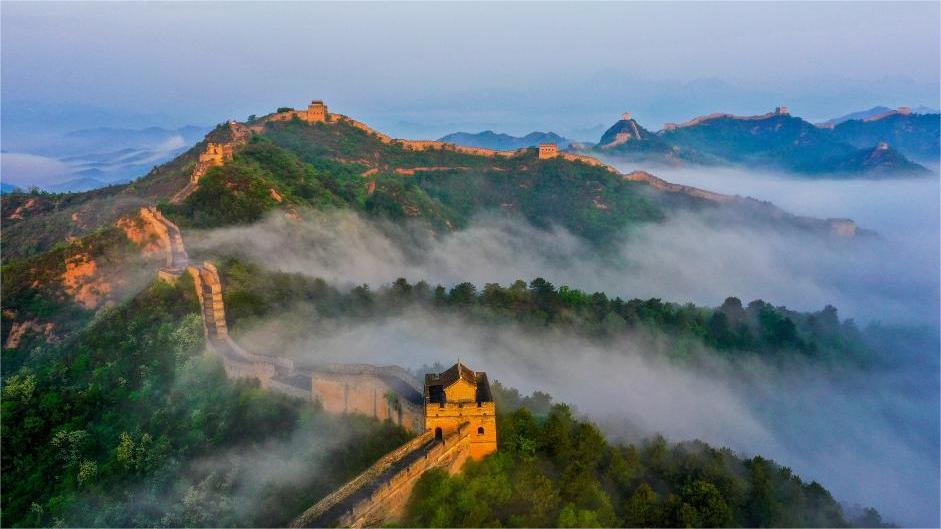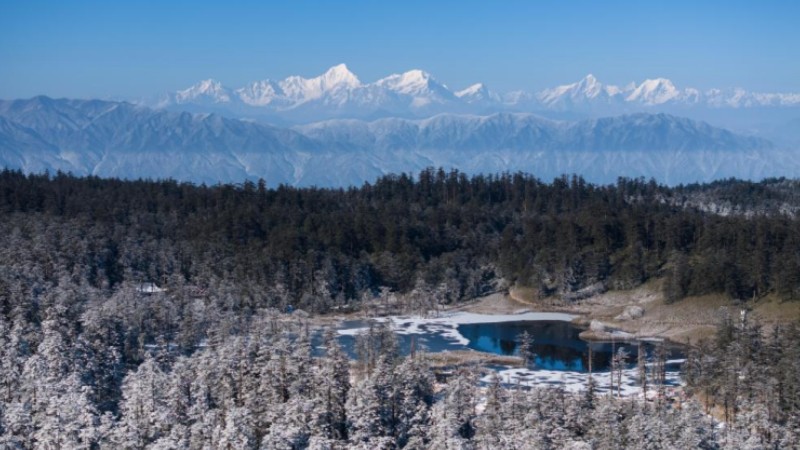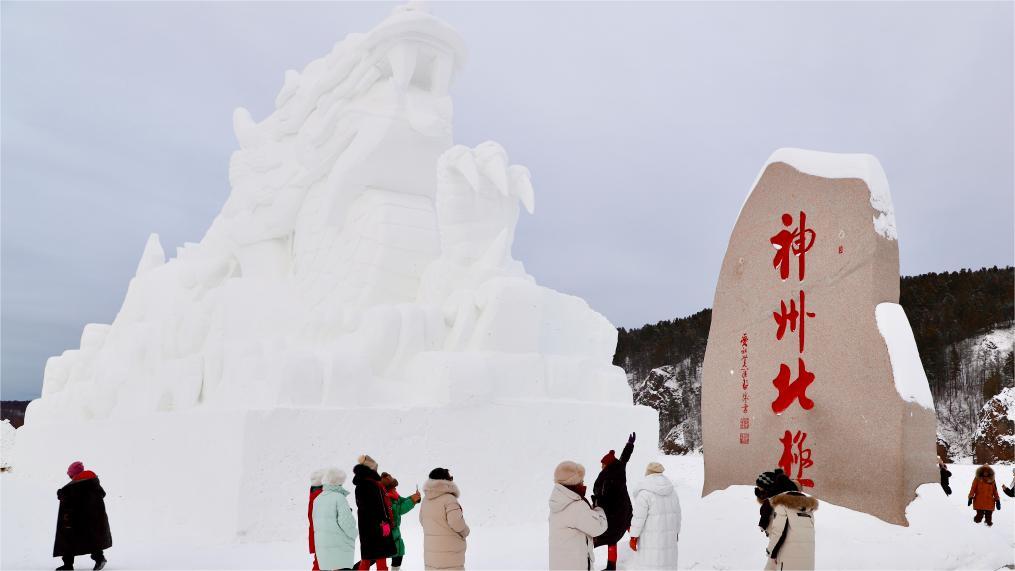Archaeologists shed insights on historical, contemporary topics in Shanghai forum
SHANGHAI, Dec. 29 (Xinhua) -- A Tang Dynasty (618-907) style hairpin inlaid with turquoise, a Greco-Iranian gold ornament with a mermaid motif, silverware engraved with figures from Greek mythology -- audiences were fascinated by the illustration of these antiques as Han Jianhua delivered his academic report at the 5th Shanghai Archaeology Forum.
Han, a research fellow at the Chinese Academy of Social Sciences (CASS) Institute of Archaeology, highlighted these relics unearthed from a nomadic tribe tomb as evidence of how an unified multi-ethnic Chinese nation was formed in diversity and how civilizations along the ancient Silk Road interacted in history.
Noting the robust cultural exchanges between China and Iran during the Tang Dynasty, Yaghoub Mohammadifar, a professor of archaeology at Bu-Ali Sina University in Iran, said he is keen to take the forum as a new starting point for future cooperation with Chinese counterparts.
The recently-concluded forum was jointly hosted by the CASS and the Shanghai municipal government, and attended by more than 200 scholars from over 40 countries and regions. Since its inception in 2013, the forum has become a key platform for worldwide archaeologists to exchange their ideas.
Christina Warinner, an associate professor at Harvard University, said the forum brings together the world's best archaeologists who research different regions and different periods to share the latest discoveries, exchange good ideas, and inspire each other.
"The forum not only offers a wide and interesting range of topics but also promotes a better understanding among archaeologists worldwide of China's place in world history," said Lothar Ledderose, a professor at Heidelberg University in Germany, who has studied Chinese art history for over sixty years.
Koji Mizoguchi, a professor at Kyushu University in Japan, noted that in many ways, Chinese archaeology continues to produce unique contributions that expand the understanding of the diversity in human lifestyle, society, and culture.
In addition to historical topics, archaeologists also weighed in on the value of archaeology in tackling contemporary issues such as climate change.
"Studying climate change requires us to look at the big picture through a microscope. To address the challenges that global climate change presents to everyone around the world, we need to see historically. Archaeology offers us insights that enable us to protect people's future," said Judith Bunbury, a geo-archaeologist at the University of Cambridge.
Other archaeologists echoed the view by showcasing archaeological findings of how global climate has changed over the course of history.
The narrative ability of archaeology has the potential to inspire people to take responsible actions to meet the challenges of global climate change and promote consensus and unity on a global scale, said Mizoguchi.
Photos
Related Stories
- Qing Dynasty stele discovered in north China's Hebei
- 28 Shang Dynasty tombs found in central China's Henan
- Archaeologists report discovery of China's earliest noble graveyard in Zhengzhou
- China's oldest pithy multiplication formula discovered in Hubei
- 5,800-yr-old tile-shaped earthenware found in central China
Copyright © 2023 People's Daily Online. All Rights Reserved.









